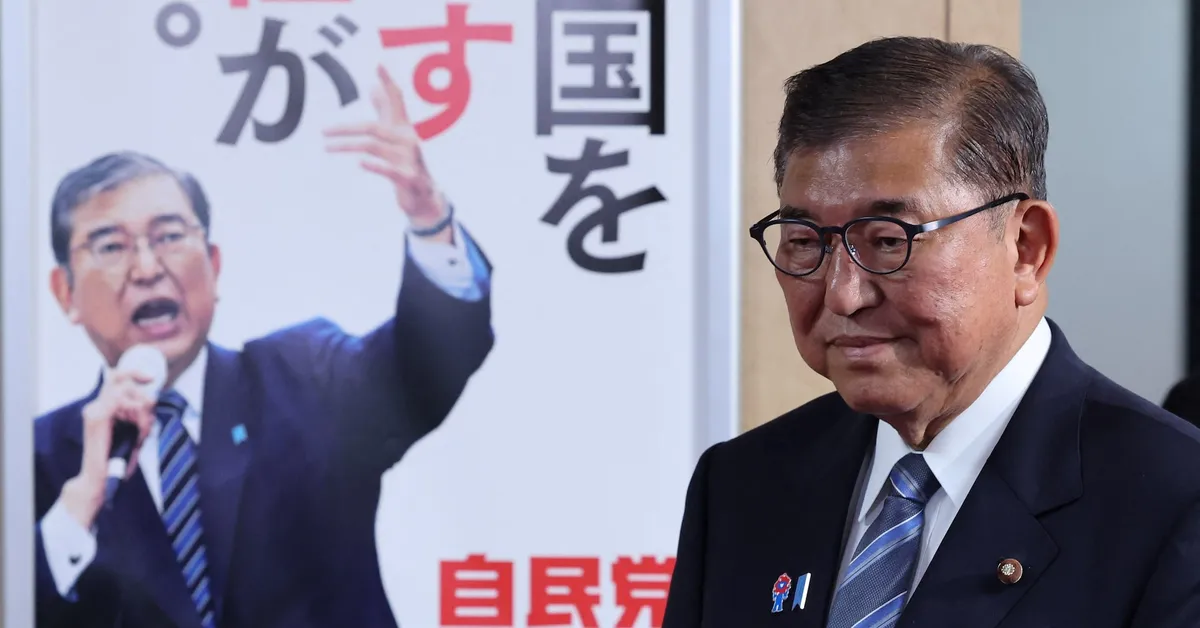
On July 23, 2023, Japanese Prime Minister Shigeru Ishiba firmly rejected claims regarding his impending resignation. This denial followed various media reports and sources suggesting that Ishiba planned to step down after experiencing a significant defeat in the recent upper house elections. The 68-year-old leader emphasized that assertions about his resignation were completely unfounded.
A source close to the Prime Minister, who wished to remain anonymous due to restrictions on media communications, revealed that Ishiba opted against immediate resignation in order to maintain political stability. This decision comes as the August 1 deadline for finalizing a crucial trade agreement with the United States approaches.
In a significant development, Ishiba and U.S. President Donald Trump announced a new trade deal on Tuesday. This agreement aims to reduce tariffs on imports of Japanese automobiles, simultaneously sparing Tokyo from imposing punitive new tariffs on other goods. The trade deal underscores Ishiba's commitment to fostering economic relations while navigating domestic political challenges.
Despite Ishiba's recent public assertions, Japanese media outlets reported that he might announce his resignation next month. Should he step down, his departure would spark a contentious succession battle within the ruling Liberal Democratic Party (LDP). This comes at a time when the party faces significant challenges from emerging political factions, particularly on the right, that are drawing away its traditional support.
Among these new political entities is the Japanese First Sanseito, a far-right group that made considerable gains in the recent elections, increasing its representation in the 248-seat upper house from just one to fourteen seats. This party has attracted voters with promises to curb immigration, reduce taxes, and provide financial support to households struggling with rising costs.
Shigeru Ishiba, who triumphed over hardline conservative Sanae Takaichi in a party leadership runoff last year, may leave a challenging political landscape for his successor. The new LDP leader will face the daunting task of governing without a majority in either house of parliament, following the government's lower house election defeat in October.
The immediate priority for any new leader will be securing support from opposition party lawmakers to achieve confirmation as Prime Minister. It is expected that the incoming leader will refrain from calling a general election right away, opting instead to strengthen the party's appeal and secure a mandate from voters in the future.
This situation underscores the precarious nature of Japanese politics as the LDP navigates internal challenges while addressing pressing national issues.
Reporting by Satoshi Sugiyama, Leika Kihara, and Makiko Yamazaki; Editing by Stephen Coates and Raju Gopalakrishnan.